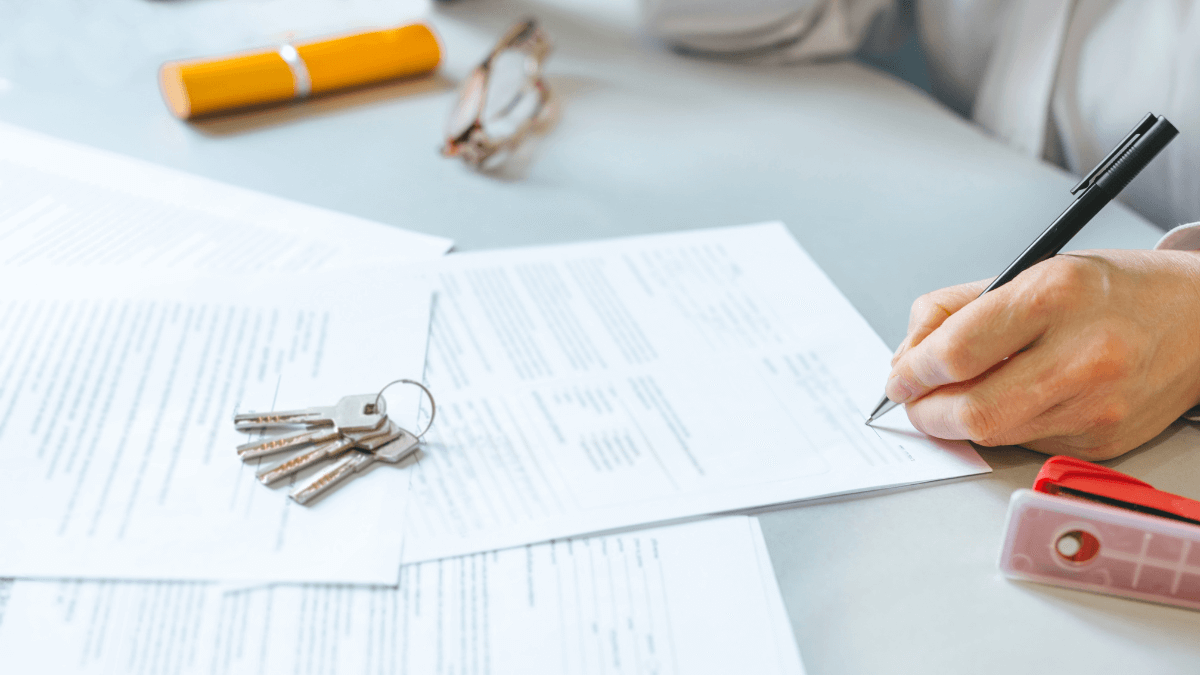 Introduction
Introduction
Buying a villa in Spain as a foreigner is an excellent investment, whether for living, vacationing, or as a business opportunity. However, the process can be complex if you are unfamiliar with the legal, tax, and administrative requirements. This guide explains step by step everything you need to know to acquire a property in Spain safely and without complications.
1. Basic Requirements for Foreign Buyers
Before starting the purchase process, you must meet certain legal requirements:
- Obtain a NIE (Número de Identificación de Extranjero): This identification number is mandatory for any financial transaction in Spain.
- Open a Spanish bank account: It facilitates the payment of taxes, notary fees, and other associated costs.
- Hire a real estate lawyer: Ensures that the purchase complies with all legal regulations.
2. Legal Steps to Buying a Villa in Spain
Step 1: Choose the Right Villa and Make an Offer
Once you find the perfect villa, you submit an offer to the seller. The price and terms of purchase can be negotiated.
Step 2: Sign the Deposit Agreement
This contract commits both parties and usually requires a deposit of 5% to 10% of the purchase price.
Step 3: Legal Review and Property Verification
Your lawyer will verify that the property is free of debts, has all the necessary permits, and that the seller has the right to sell it.
Step 4: Sign the Deed Before a Notary
The buyer and seller sign the purchase deed before a notary. At this point, the remaining payment is made, and ownership is officially transferred.
Step 5: Register the Property
It is essential to register the villa with the Property Registry to ensure the new owner is legally recognized.
3. Taxes and Additional Costs
When buying a villa in Spain, you need to pay several taxes and additional costs:
- VAT or Transfer Tax (ITP): Depends on whether the property is new (VAT) or second-hand (ITP).
- Notary and registration fees: Typically between 1% and 2% of the property price.
- Lawyer fees: Generally range from 1% to 1.5% of the purchase value.
- Property Tax (IBI): An annual municipal tax based on the cadastral value.
4. Financing Options for Foreign Buyers
Many Spanish banks offer mortgages to international buyers. Key points to consider:
- Loan-to-value ratio: Banks typically finance up to 70% of the property’s value.
- Required documentation: Proof of income, bank statements, and NIE.
- Interest rates and terms: Vary depending on the bank and the buyer’s financial profile.
5. Tips for a Secure Villa Purchase
- Visit the property before buying: Avoid surprises and confirm it meets your expectations.
- Check the villa’s legal status: Ensure it is free of debts or encumbrances.
- Consult experts: A real estate agent and a specialized lawyer can simplify the process and prevent legal issues.
- Consider additional costs: Include all taxes and fees in your budget.
Conclusion
Buying a villa in Spain as a foreigner is an accessible process if you follow the correct steps. From obtaining a NIE to signing the deed before a notary, each phase is crucial for a secure acquisition. Professional guidance and knowledge of associated costs and taxes will help you enjoy your new property without complications.
Frequently Asked Questions (FAQ)
1. Can a foreigner buy a villa in Spain?
Yes, there are no restrictions on foreigners buying property in Spain.
2. How long does the buying process take?
It depends on the case, but on average, it can take between 1 and 3 months.
3. What taxes do I have to pay when buying a villa in Spain?
VAT or ITP, notary and registration fees, lawyer fees, and annual property tax (IBI).
If you are interested in buying a villa in Spain, contact us for personalized advice and to find the best option for you.



